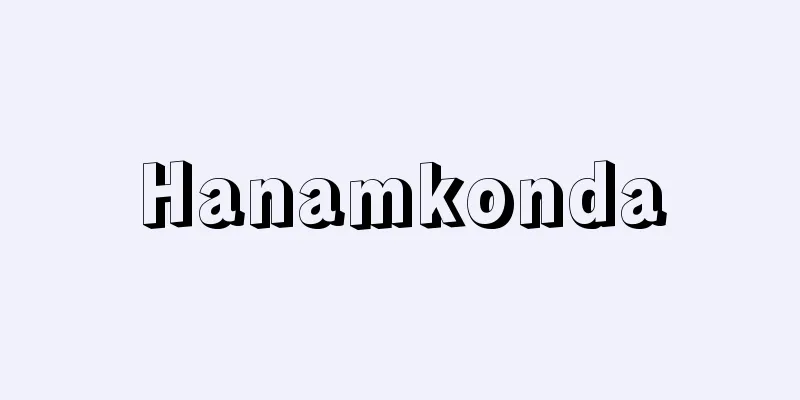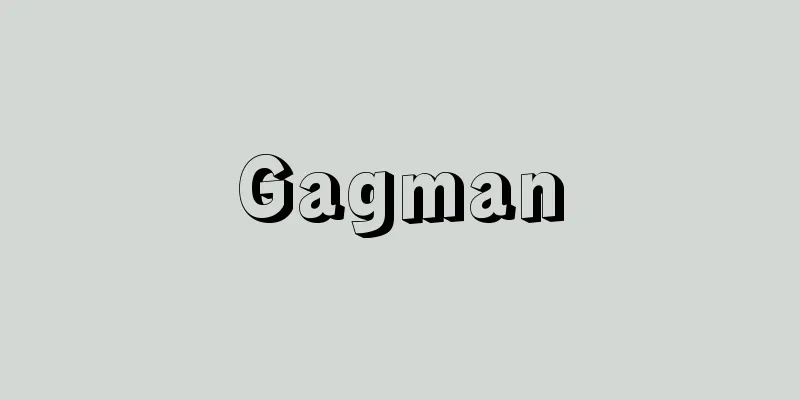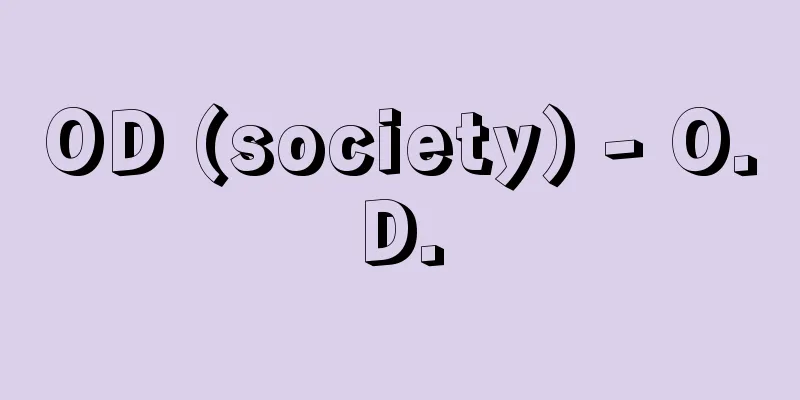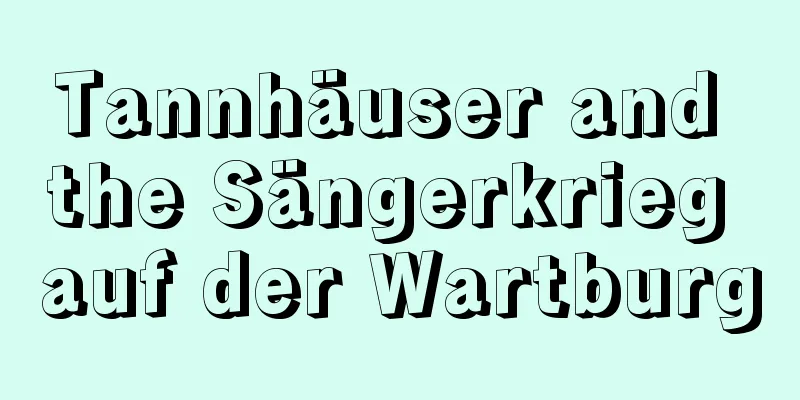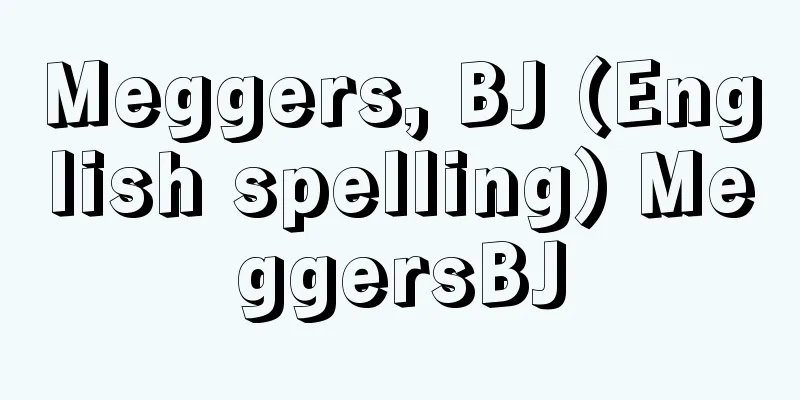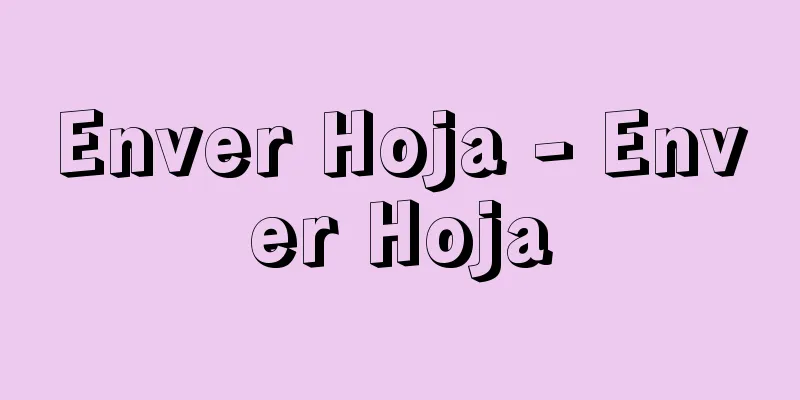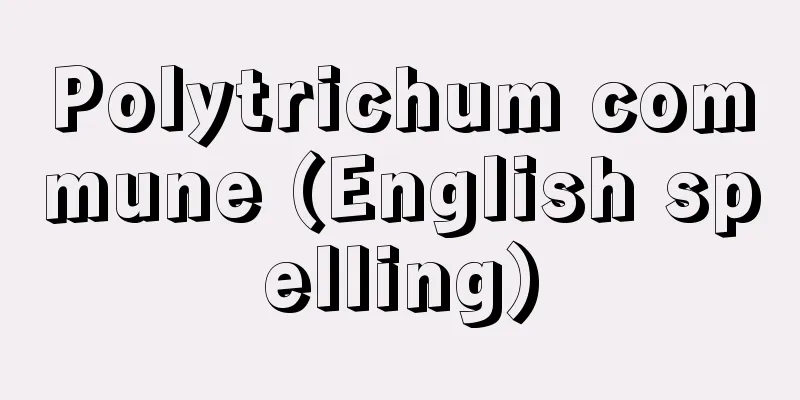Injunctive relief - right to injunction

Under civil lawA right for a person whose rights have been or may be violated to request that the perpetrator stop the infringement. If we understand the infringement of rights as the illegal infringement of an interest (legal interest) that deserves legal protection, then it can also be said that a right for a person whose legal interest has been or may be violated to request that the infringing act stop. For example, a person whose life is disturbed by excessive noise from a neighboring factory may request that the factory stop making noise above a certain level, or a person who has written a defamatory article in a magazine may request that the publication of the article be stopped (suspension of publication, recall, etc.). The right to claim an injunction arises in various cases. For example, if there is an infringement or possibility of infringing on another person's property, such as when vibrations have caused or are likely to cause cracks in another person's building, an injunction can be sought on the basis of real rights such as ownership. Also, if air or water pollution has caused or is likely to cause health damage, or noise or obstruction to sunlight has caused or is likely to cause mental distress, an injunction can be sought on the grounds of violation of personal rights. Injunctions can also be sought based on personal rights in cases of defamation, violation of privacy, or violation of the right to name or portrait. As mentioned above, in contrast to the view (case law and prevailing opinion) that the right to seek an injunction is derived from the infringement of rights, there is also the view that an injunction can be sought if a tort is established. Furthermore, in cases of pollution and environmental destruction, there is a debate as to whether an injunction can be sought based on environmental rights, but case law does not recognize this. Whether or not an injunction right is granted is determined based on both the infringed interest and the nature of the injurious act. The aspect of the harmed interest refers to what rights or interests are being harmed (or are there any chances of that happening), and in the case of harm to legal interests with strong rights, such as life or health, an injunction is granted in principle without considering the nature of the harming act, whereas in the case of mental distress or discomfort, the nature of the harming act is taken into consideration to a greater or lesser extent. The aspect of the nature of the harming act refers to whether the harming act is of public interest, whether preventive measures are easy to implement, whether it violates administrative regulations, and whether assessments or procedures for obtaining resident consent were taken when carrying out the harming act (especially in the case of siting, etc.). Generally, precedents have taken into consideration the type and nature of the infringed interest and the manner in which the inflicted act was committed as well as regional characteristics, and have granted injunctions when the damage is deemed to exceed the generally tolerable limit, but have denied injunctions when this is not the case. In terms of methods of injunctions, academic theory and lower court precedents hold that in addition to requests for specific actions such as the installation of soundproof walls, requests for non-action, such as not allowing noise to exceed a certain limit, are also possible. [Takahisa Awaji] Under the Companies ActVarious injunctive relief rightsIn the Company Law, in addition to the ex post facto invalidity claims and damage compensation remedies, there are an increasing number of situations where it is considered desirable to establish preventive measures and measures to avoid disadvantages in advance, and various injunctive rights have been established. This is the diversification of enforcement methods. In other words, there are injunctions against illegal acts of directors and executive officers by shareholders (Articles 360 and 422 of the Company Law. All article numbers below refer to the Company Law), injunctions against illegal acts of directors and executive officers by auditors, etc. (Articles 385, 399-6, and 407), injunctions against issuance of publicly offered shares claimed by shareholders against the company (Articles 210 and 247), injunctions against acquisition of classes of shares with full acquisition clauses (Article 171-3), injunctions against share consolidation (Article 182-3), injunctions against reorganization (Articles 784-2, 796-2, and 805-2), and injunctions against acquisition of all shares, etc. sold in relation to the share sale claim by selling shareholders, etc. against the special controlling shareholder (Article 179-7). [Norihiko Fukuhara December 12, 2017] The right to demand an injunction against illegal acts by shareholders, auditors, and other directorsShareholders who have held shares continuously for the past six months (the six-month continuous holding requirement is not required for private companies) may request the directors to cease any act that is outside the scope of the company's purposes or that is in violation of laws and regulations or the articles of incorporation (illegal act, etc.) if such act is likely to cause "significant damage" to the company ("irreparable damage" in the case of a company with auditors, an audit and supervisory committee, or a company with a nomination committee, etc.) (Article 360). When directors commit illegal acts and cause damages to the company, they are liable for damages, but since compensation for damages after the fact may not provide sufficient relief, it is necessary to prevent such acts in advance. In principle, the company should stop directors' illegal acts in advance, but since directors have a certain status in the execution of the company's business, it cannot necessarily be expected that the company will be able to prevent such acts through injunctions. In addition, it is necessary to prepare for cases where there is no permanent institution to monitor the execution of directors' business, or where such an institution is permanently established but does not function. Therefore, under certain conditions, individual shareholders are recognized as having an institutional status on behalf of the company, and the right to request an injunction to stop directors' illegal acts (right to request an injunction to stop illegal acts) is established. In companies that have established a nomination committee, etc., shareholders have the right to seek injunctions against illegal acts by executive officers or liquidators (Articles 422 and 482, Paragraph 4). The acts of directors that are subject to injunctive relief are those outside the scope of the company's purpose and those that violate laws, regulations, or the articles of incorporation (illegal acts, etc.). "Acts outside the scope of the company's purpose" refers to acts outside the scope of the purpose set out in the articles of incorporation (the company's business purpose), and this is merely an example of an act that violates the specific provisions of the articles of incorporation and violates the director's duty of care. The reason why acts outside the scope of the purpose are clearly stated as subject to injunction is based on the tradition of American state corporate law. Injunctions are an internal company issue and do not need to take into account the safety of transactions, so even if the acts of directors and executive officers are objectively within the scope of the company's purpose set out in the articles of incorporation, they will be subject to injunction if they are subjectively outside the scope of the purpose. Similar injunctive relief rights against illegal acts by directors or executive officers are also available to auditors of a company with audit and supervisory boards, audit and supervisory committee members of a company with an audit and supervisory committee, and audit committee members of a company with a nomination committee, etc. (Articles 385, 399-6, and 407). [Norihiko Fukuhara December 12, 2017] Shareholders' right to injunctive relief against the company(1) Injunctive relief for existing shareholders in relation to the issuance of new shares, etc.When a company is about to issue public stocks or stock acquisition rights in violation of laws and regulations or the articles of incorporation, or in a grossly unfair manner, shareholders who are likely to be disadvantaged by this may request an injunction against the company to issue public stocks (including the disposal of treasury stock) or stock acquisition rights (Articles 210 and 247). Existing shareholders may suffer disadvantages, such as a decrease in the shareholding ratio of existing shareholders or a decrease in the actual value of their shares. The purpose of this injunction is to protect the interests of such shareholders themselves, and is different in purpose from the right of shareholders and auditors to request an injunction against illegal acts. Note that "unfair" would apply, for example, when the main purpose is to reduce the shareholding ratio of certain shareholders and maintain the control of the current management team, rather than to meet the need to raise funds. [Norihiko Fukuhara December 12, 2017] (2) Shareholders' right to injunctive relief in the event of cash-outs, etc.The 2014 amendments to the Companies Act, in response to the need for a company to acquire all of the shares held by minority shareholders by paying them in cash as compensation without obtaining their individual consent, and to shut out minority shareholders (cash-out or squeeze-out), have established a method of cash-out while taking into consideration the interests of minority shareholders and ensuring the fairness of the procedure. As part of this, in the case of a share consolidation or acquisition of a class of shares with a clause for full call, which is a cash-out method that requires a special resolution of the general shareholders' meeting, if it violates laws and regulations or the articles of incorporation and shareholders are at risk of being disadvantaged, shareholders may request an injunction against the company to stop the share consolidation or acquisition of a class of shares with a clause for full call (Articles 182-3 and 171-3). In addition, in the case of a special controlling shareholder's demand for the sale of shares, etc., which is a cash-out method that does not require a resolution of the general shareholders' meeting (Articles 179 and following), if the demand for sale, etc. violates laws and regulations or the consideration is extremely unreasonable, etc., and the Selling Shareholder is likely to suffer a disadvantage, the Selling Shareholder may request an injunction against the special controlling shareholder from acquiring all of the Selling Shares, etc. related to the demand for sale of shares, etc. (Article 179-7). [Norihiko Fukuhara December 12, 2017] (3) Shareholders’ right to injunctive relief in the event of a corporate restructuringUnder the 2014 amendments to the Companies Act, shareholders may request an injunction against a reorganization (except for those that meet the requirements for simplified or informal reorganization) if the reorganization violates laws or the articles of incorporation and shareholders are likely to suffer disadvantage (Articles 784-2, 796-2, and 805-2; items added in the 2014 amendments). However, unlike the case of an injunction against public offering of shares, the fact that the reorganization is "grossly unfair" is not considered a ground for an injunction. The Ministry of Justice's Civil Affairs Bureau Counsellor's Office has interpreted that the violation of "laws" does not include violations of the directors' duty of care, and that inappropriate compensation is not a ground for an injunction. [Norihiko Fukuhara December 12, 2017] "Company Law, 2nd revised edition by Toriyama Kyoichi, Fukuhara Norihiko, Amari Kimihito, Yamamoto Tamesaburo, and Nunoi Chihiro (2015, Gakuyo Shobo)" ▽ "Corporate Law, 6th edition by Egashira Kenjiro (2015, Yuhikaku)" ▽ "New Basic Law Commentary: Company Law 2, p. 360, edited by Okushima Takayasu, Ochiai Seiichi, and Hamada Michiyo (2016, Nippon Hyoronsha)" ▽ "Legal Studies Lecture Series: Company Law, 19th edition by Kanda Hideki (2017, Kobundo)" ▽ "Outline of Corporate Law 3: Corporate Organization Law - Company Law, etc." by Fukuhara Norihiko (2017, Bunshindo)" [References] | | | | | |Source: Shogakukan Encyclopedia Nipponica About Encyclopedia Nipponica Information | Legend |
民法上自己の権利を侵害され、あるいは侵害される可能性のある者が、その加害行為を行う者に対してそれをやめるよう請求することのできる権利。権利の侵害とは、法の保護に値する利益(法益)を違法に侵害することだと理解するならば、自己の法益を違法に侵害され、あるいは侵害される可能性のある者が、その加害行為をやめるよう請求することのできる権利だといってもよい。たとえば、隣の工場からの著しい騒音により生活妨害を受けている者が、その工場に対して一定レベルを超える騒音を発生させないよう請求したり、あるいは雑誌に名誉毀損(きそん)となる記事を書かれた者が、その記事の発表の差止め(発売の停止、回収など)を請求する場合などである。 差止請求権は種々の場合に生じる。たとえば、振動により他人の建物に亀裂(きれつ)を生じさせたとか、生じさせるおそれがある場合のように、他人の財産に対する侵害ないしその可能性があれば、所有権など物権的請求権を根拠として差止めを求めることができる。また、大気汚染や水質汚濁により健康被害ないしその可能性があるとか、騒音や日照妨害により精神的苦痛を受けあるいはその可能性がある場合には、人格権の侵害を理由として差止めを求めることができる。名誉毀損、プライバシーの侵害、氏名権や肖像権の侵害などの場合にも、人格権に基づいて差止めを請求できる。 以上のように、権利の侵害から差止請求権を導く考え方(判例・通説)に対して、不法行為が成立する場合には差止めを請求できる、とする考え方もある。さらに以上のほか、公害・環境破壊の事例では、環境権に基づき差止めを求めることができるかどうかが議論の対象になっているが、判例はこれを認めていない。 差止請求権が認められるかどうかは、被侵害利益と加害行為の態様の両側面から判断されている。 被侵害利益の側面とは、いかなる権利・利益が侵害されているか(あるいはその可能性があるか)ということであり、生命・健康のように権利性の強い法益の侵害の場合には、原則として加害行為の態様を考慮せずに差止めが認められ、精神的苦痛や不快感のような場合には、多かれ少なかれ加害行為の態様が考慮される。加害行為の態様の側面とは、加害行為に公共性があるかどうか、防止措置が容易かどうか、行政規制に違反していないかどうか、加害行為を行うにあたって(とりわけ立地などの場合に)アセスメントや住民同意を得る手続をとったかどうか、ということである。 判例は、一般に、以上のような被侵害利益の種類・性質と加害行為の態様のほか地域性などを総合考慮して、被害が一般に受忍の限度を超えると認められるような場合には差止めを認め、そうでない場合には差止めを否定している。差止めの方法としては、防音壁の設置などの具体的な作為の請求のほか、騒音を一定限度を超えて発生させないといったような不作為請求も可能というのが、学説および下級審裁判例の考え方である。 [淡路剛久] 会社法上各種の差止請求権会社法の規律においては、事後の無効主張や損害賠償による救済策に加えて、事前の防止策や不利益回避策を定めることが望ましいと考えられる場面が増え、各種の差止請求権が定められている。エンフォースメント(法執行)手法の多様化である。すなわち、株主による取締役・執行役の違法行為の差止め(会社法360条、422条。以下の条文番号はすべて会社法をさす)、監査役等による取締役・執行役の違法行為の差止め(385条、399条の6、407条)、株主が会社に対して主張する募集株式発行の差止め(210条、247条)、全部取得条項付種類株式の取得の差止め(171条の3)、株式併合の差止め(182条の3)、組織再編の差止め(784条の2、796条の2、805条の2)、および、売渡株主等が特別支配株主に主張する株式等売渡請求に係る売渡株式等の全部の取得の差止め(179条の7)がある。 [福原紀彦 2017年12月12日] 株主・監査役等の取締役等の違法行為差止請求権6か月前から継続して株式を保有する株主(非公開会社では6か月の継続保有要件は不要)は、取締役が株式会社の目的の範囲外の行為その他法令もしくは定款に違反する行為(違法行為等)をし、または、するおそれがある場合、この行為によって会社に「著しい損害」(監査役設置会社、監査等委員会設置会社または指名委員会等設置会社では、「回復することができない損害」)が生じるおそれがあるときは、取締役に対して当該行為をやめるよう請求することができる(360条)。 取締役が違法行為等を行って会社に損害を及ぼしたときは損害賠償責任を負うが、事後的な損害賠償では十分な救済が得られない場合があるから、そのような行為を事前に抑止する必要がある。そして、取締役の違法行為等については、本来、会社が事前に差し止めるべきであるが、取締役は会社の業務執行にあたり一定の地位を有しているため、会社が差止めによってそうした行為を抑止することはかならずしも期待できない。また、取締役の業務執行を監視する機関が常置されていない場合、あるいは、それが常置されていても機能しない場合に備える必要がある。そこで、一定の要件のもとに、個々の株主に会社のために機関的な地位を認め、取締役の違法行為等の差止めを請求する権利(違法行為差止請求権)を定めたのである。 指名委員会等設置会社においては、執行役や清算人の違法行為等に対しても株主の差止請求権がある(422条、482条4項)。 差止請求の対象となる取締役の行為は、株式会社の目的の範囲外の行為その他法令もしくは定款に違反する行為(違法行為等)である。「株式会社の目的の範囲外の行為」とは、定款所定の目的(会社の事業目的)の範囲外の行為のことであり、これは定款の具体的な規定に違反し、取締役の善管注意義務に違反する行為の例示にすぎない。目的範囲外行為が差止めの対象になると明文化されたのは、アメリカの州会社法の伝統に基づく。差止めは会社内部の問題であり取引の安全を考慮する必要がないので、客観的に会社の定款所定の目的の範囲内であっても取締役・執行役の行為が主観的に目的の範囲外であれば差止めの対象となる。 取締役または執行役の違法行為等に対する同様の差止請求権は、監査役設置会社の監査役、監査等委員会設置会社の監査等委員、指名委員会等設置会社の監査委員にも認められる(385条、399条の6、407条)。 [福原紀彦 2017年12月12日] 株主の会社に対する差止請求権(1)募集株式発行等における既存株主の差止請求権会社が法令・定款に違反し、または著しく不公正な方法で、募集株式や募集新株予約権を発行しようとするとき、これにより不利益を受けるおそれのある株主は、会社に対して募集株式の発行(自己株式の処分を含む)や募集新株予約権の発行の差止めを請求できる(210条、247条)。既存の株主の持株比率が低下させられたり、持分(もちぶん)の実質的価値が低下させられたりするなど、不利益を被るおそれがある。当該差止めは、このような株主自身の利益保護を目的としており、株主・監査役の違法行為差止請求権とはその趣旨を異にする。なお、「不公正」とは、たとえば、資金調達のニーズよりも、もっぱら特定の株主の持株比率の低下と現経営陣の支配権の維持を主要な目的とする場合が、これに該当する。 [福原紀彦 2017年12月12日] (2)キャッシュ・アウト等における株主の差止請求権2014年(平成26)改正会社法は、少数株主の個別の同意を得ることなく少数株主全員に金銭を対価として交付することで、その有する株式全部を取得し、少数株主を締め出すこと(キャッシュ・アウトまたはスクイーズ・アウト)のニーズを踏まえ、少数株主の利益に配慮し、手続の公正性を確保しつつ、キャッシュ・アウトの方途を整えた。その一環として、株主総会の特別決議を要するキャッシュ・アウトの方法となる株式併合または全部取得条項付種類株式の取得の場面では、それらが法令または定款に違反する場合において、株主が不利益を受けるおそれがあるときは、株主は会社に対し、当該株式併合や全部取得条項付種類株式の取得の差止めを請求することができる(182条の3、171条の3)。 また、株主総会の決議を要しないキャッシュ・アウトの手法となる特別支配株主の株式等売渡請求の場面(179条以下)では、売渡請求等の法令違反もしくは著しく不当な対価等の場合において、売渡株主が不利益を受けるおそれがあるときは、売渡株主は、特別支配株主に対し、株式等売渡請求に係る売渡株式等の全部取得の差止めを請求することができる(179条の7)。 [福原紀彦 2017年12月12日] (3)組織再編における株主の差止請求権2014年改正会社法により、組織再編(簡易組織再編または略式組織再編の要件を充足するものを除く)においても、法令または定款に違反する場合であって、株主が不利益を受けるおそれがあるときは、株主がその差止めを請求することが認められる(784条の2、796条の2、805条の2。2014年改正追加事項)。もっとも、募集株式の差止請求の場合と異なり、それらが「著しく不公正」であることは差止事由とはされていない。なお、ここにいう「法令」の違反には、役員の善管注意義務違反は含まれず、また、対価が相当でないことは差止事由にはならないとの解釈が法務省民事局参事官室から示されている。 [福原紀彦 2017年12月12日] 『鳥山恭一・福原紀彦・甘利公人・山本爲三郎・布井千博著『会社法』第2次改訂版(2015・学陽書房)』▽『江頭憲治郎著『株式会社法』第6版(2015・有斐閣)』▽『奥島孝康・落合誠一・浜田道代編『新基本法コンメンタール 会社法2』P.360(2016・日本評論社)』▽『神田秀樹著『法律学講座双書 会社法』第19版(2017・弘文堂)』▽『福原紀彦著『企業法要綱3 企業組織法――会社法等』(2017・文眞堂)』 [参照項目] | | | | | |出典 小学館 日本大百科全書(ニッポニカ)日本大百科全書(ニッポニカ)について 情報 | 凡例 |
>>: The Story of the Zuo Family
Recommend
Halmahera [island] - Halmahera
Also known as Jailolo Island. The largest island i...
Ten Lives - Jitchōsei
The Ten Symbols of Eternal Youth and Longevity are...
Maritime Trade Code - Kaijo Koueki Hoten
…In the 13th century, the Kingdom of Great Britai...
Ars Antiqua
It means "old art". It was originally us...
Council Fire
… Campfires can be broadly categorized as follows...
Bakunin - Mihail Aleksandrovich Bakunin
Russian revolutionary. Leader of anarchism and po...
Ocean floor
The ocean floor is divided into the mid-ocean ridg...
Lebak
…He served as a government official in the East I...
Tokusaburo Kagiya
...A large archaeological site located in the are...
Becker, H.
…He was interned during World War I, but returned...
Naoroji (English spelling)
1825‐1917 A modern Indian politician. Born in Bomb...
Nostradamus (English spelling)
Born: December 14, 1503, Saint-Remy-de-Provence [D...
Mekran (English spelling)
…the name of the mountainous region along the Ara...
Yellow mouth - Yellow mouth
[Noun] 1. The beak of a baby bird is yellow. Also,...
Biophysics - seibutsubutsuri gaku (English spelling) biophysics
An academic field that aims to reach a fundamenta...
